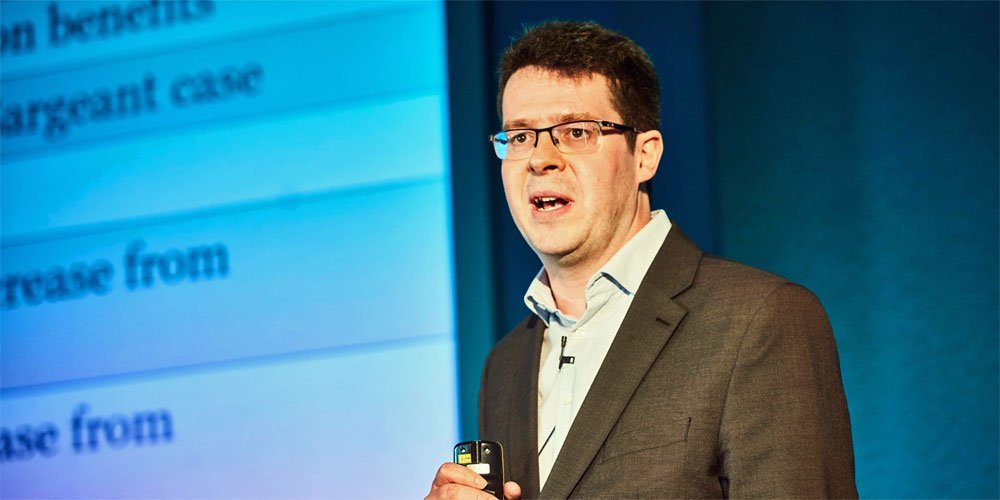
Local Government Pension Scheme (LGPS) funds are likely to face an increase in their liabilities of up to 1% if the government loses a court case on its 2015 pension reforms, according to a senior Whitehall official.
The government is still waiting on a decision from the Supreme Court on whether it will hear a challenge to last December’s McCloud Appeal Court judgement – which found the government had broken age discrimination laws.
Speaking at last week’s Pensions and Lifetime Savings Association local government conference, Michael Scanlon, deputy chief actuary in the Government Actuary’s Department, said that if the government loses the case “there will be an impact across all public sector pension schemes including LGPS and may well have a material financial impact”.
However, he said that the impact would not be as severe on the LGPS as other unfunded public sector pension schemes.
“The LGPS is exposed but perhaps less than other schemes,” Scanlon said.
“Unfunded schemes have taken a provision worth 2% of total liabilities to cover potential costs of that litigation.
“For LGPS I would expect the figure to be much smaller – perhaps a half to 1% of liabiltiies or even less if earnings growth is not too great in the future so the fund salary underpin is less expensive.”
Last week, the LGPS Scheme Advisory Board (SAB) annual report said that at 31 March 2016, LGPS liabilities were estimated at £254bn.
In January, as a result of the McCloud Appeal Court ruling, chief secretary to the Treasury Liz Truss announced a pause on cost cap mechanism, which had been set to see increased pensions payments to members.
In a written parliamentary statement, she said that “given the potentially significant but uncertain impact of the Court of Appeal judgment, it is not now possible to assess the value of the current public service pension arrangements with any certainty.”

Scanlon said that there would be an upward pressure on employer contribution rates whether the government wins or loses the McCloud case.
“Cost cap improvements would mean a lot of benefit focused on the lower paid through member contribution reductions.”
However, he said that a government loss would benefit mainly long servers, particularly those with significant salary progression over their career who will do better in the final salary scheme.
“Whichever one does happen it will be some bad news, though not as great as the unfunded schemes,” he said.
During a speech interrupted by Extinction Rebellion environmental protestors, local government minister Rishi Sunak said he would not speculate on the outcome of the McCloud case.
However, he said that the ramifications “may be very wide-ranging and require deep thinking about the way the scheme approaches change”.
He added: “I recognise the ongoing uncertainty is not helpful to any of you in a valuation year. However, my team and I will work closely with the SAB and other stakeholders across the scheme to manage those risks.”
Also speaking at the conference Jeff Houston, LGPS SAB secretary, said: “If it turns out we find a magic way of solving McCloud and it costs us next to nothing then we are back to doing cost cap again – but in 18 months’ time.
“And does somebody want to explain how we do contribution reductions in arrears when we have gone past the end of the tax year? That will be a joy.”












